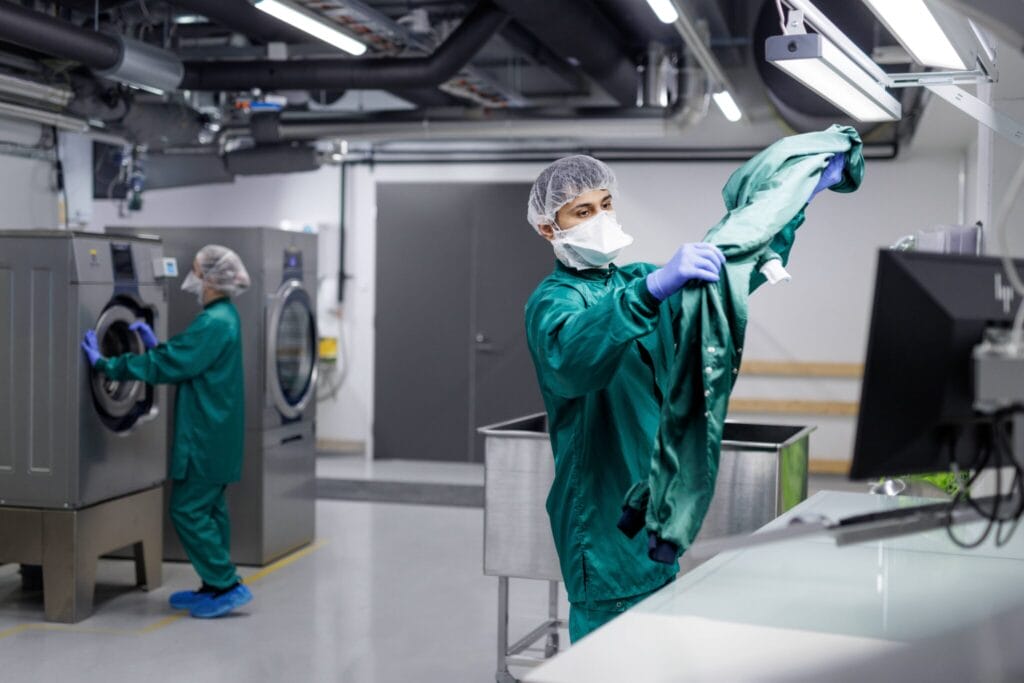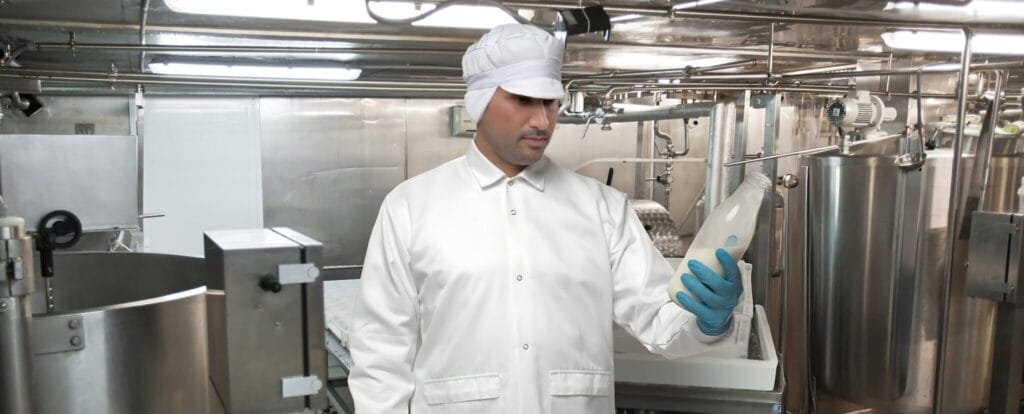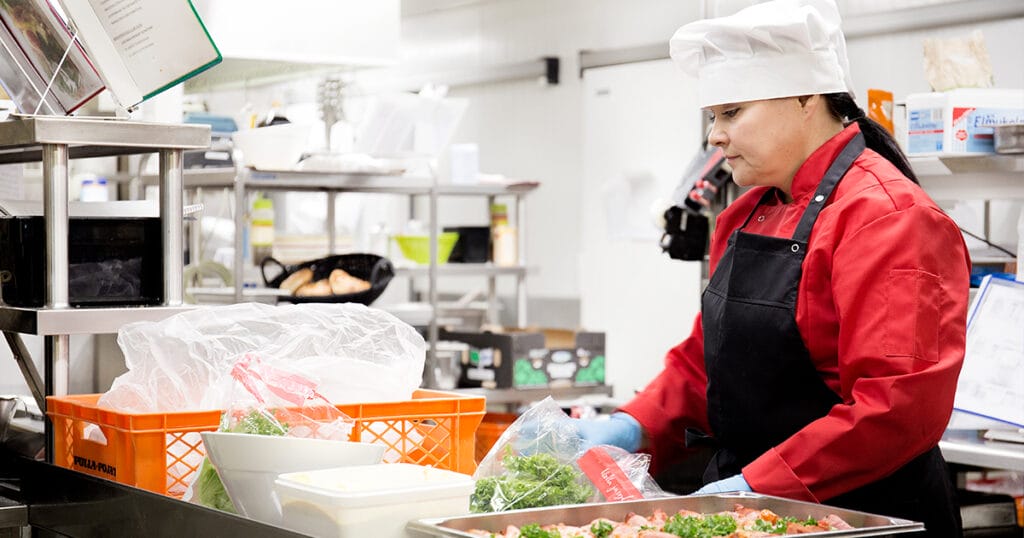
Dignity For Women Through Unicef
Over a decade of collaboration with UNICEF Finland has improved the situation of water, sanitation, and hygiene for children in India. This is not the only result of the work done, but through all the improvements, empowerment for women is also achieved.
Equal rights for women and men is important for us at Lindstrom. Even though this is true in many countries already, in some parts of the world the playing field still needs a lot of improving. Lindstrom has been working closely with UNICEF Finland in order to provide clean water and hygiene facilities in rural schools across many parts of India.
Lindstrom has supported the work of UNICEF in India for the last 12 years. Since the Government of India started the Clean India Mission, in order to clean the streets, roads, and infrastructure by 2019, we have gotten support for our work and direction with these new policies in place.
India has a special place in Lindstrom’s heart. Having a subsidiary and facilities there, the situation of the whole country is always in mind. The work has developed during the year of 2018 from individual projects in certain areas to supporting the WASH program (Water, Sanitation, and Hygiene) at a country level, ensuring that the resources go where they are needed the most in a more flexible way.
Access to sanitation and water has life-changing results
The situation for women is not ideal in India, especially since equality should show already at a young age. Information, hygiene, and sanitation related to menstruation is limited, which raises problems and even shame to a lot of girls. This leads up to girls dropping out of school, thus slowing down their learning and keeping up with other students.
Now seven million girls and boys can use separated toilets at schools, increasing privacy. This, in turn, leads to equality when school attendance is encouraged and more easily achieved. The school curriculums have been reinforced with information about menstrual hygiene and advocacy campaigns have been launched, with the result of 1.6 million girls have been reached with knowledge about the issue. Access to absorbents and disposal mechanisms are now more easily available.
Access to water and especially sanitation facilities helps to improve life quality in many ways. Especially not at the least, it brings dignity. You can be more in charge of your daily life in a dignified way, not having to worry about the basic needs for living. Safe water also greatly affects the growth and development of children. Still, 46 million children are too short for their age, while 25.5 million are too thin for their age.
Maternal deaths are still common, which has been addressed by adding WASH services to 827 health facilities providing child delivery services. The facilities now have safe water and sanitation, increasing the safety and health for patients and staff as well.
Behaviors improving ownerships of own lives
Actions done by UNICEF always include positive, health-boosting behaviors, improving many women’s daily life. For example, hand-washing with soap is a behavior, that is taught and supported as a routine, as well as being integrated into normal school days for children in over 46,461 schools across the country.
The services are not only offered for people in need, but they are also included in the process. 55,000 women were taught masonry skills, that they can use in the construction work of toilets. These women, usually from minorities, have often been left out of many opportunities to participate in their societies.
These skills empower women through strengthened self-esteem, but also with getting more respect from their family members and communities that they belong to. In addition to contributing to the health of their communities, women also now have the possibility of earning their own income.
Being able to get educated is now easier for women than before. Out of the 81 Post Graduates trained in WASH, 35% are female and employed in the sector. Women’s concerns have also been brought forefront when developing and implementing cleanliness guidelines over India since women are usually the ones who collect water for households.
Big steps have been taken to raise equality for women, but big steps are still needed. We are excited about the extended collaboration with UNICEF, in order to change more lives and make more people shine.
The results of the collaboration in numbers (2018)
- Access to sanitation facilities for 110 million new people
- 22 million new household toilets
- 237,000 communities were taught to build and maintain household toilets
- 930,00 people gained access to safe drinking water
- 38% increase in the provision of basic WASH services




